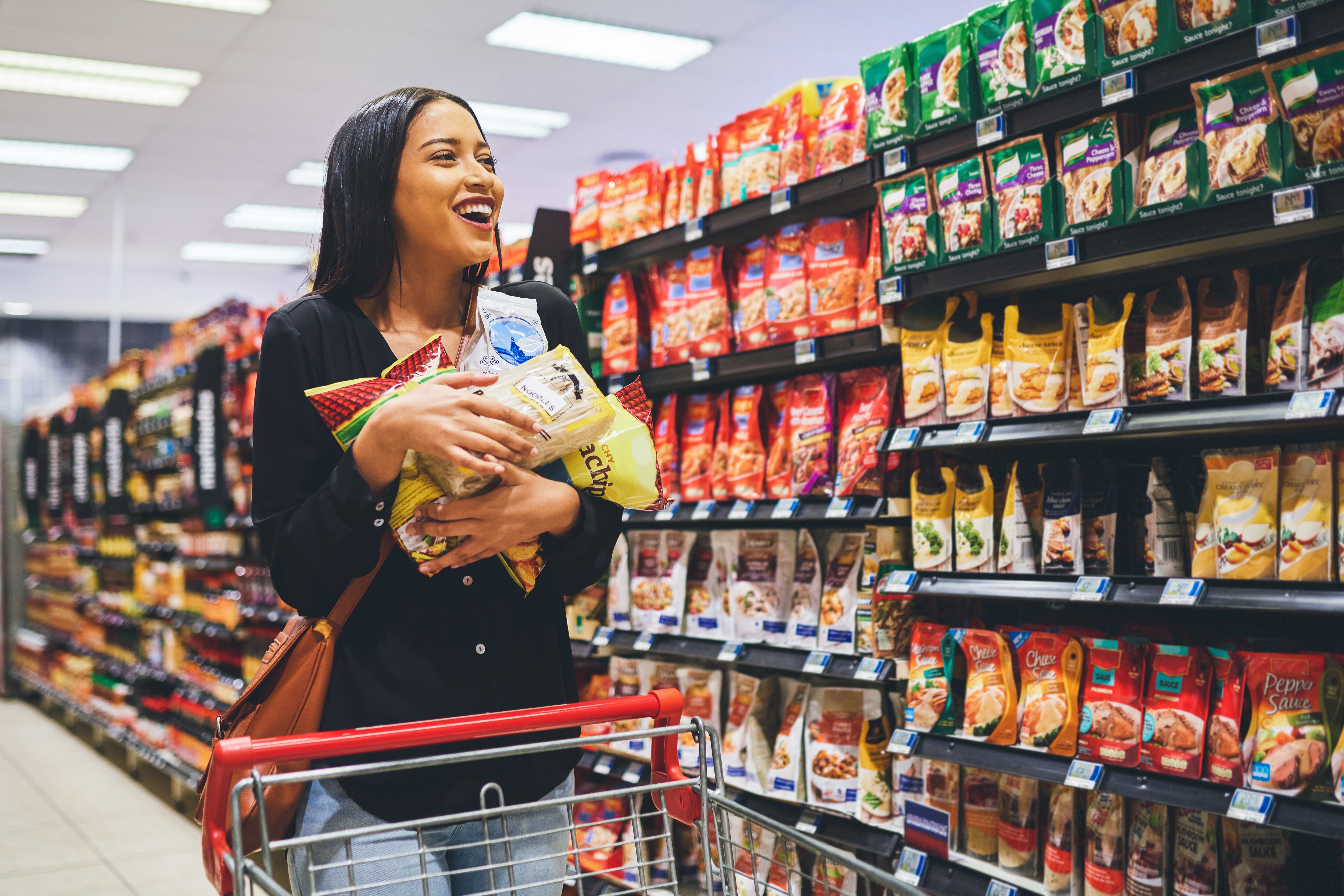The New York-based snack and beverage giant reported that its net revenue shrunk by 0.2% year over year in Q4 2024 – a seemingly small but significant dip for a company of its size. More notably, PepsiCo’s Frito-Lay brand saw US sales volume drop by 3%. Quaker Foods fell by 6%, and beverage sales declined by 3%.
Company executives – including chairman & CEO Ramon Laguarta and CFO Jamie Caulfield – attributed the declines to multiple factors. Inflation and higher borrowing costs have squeezed consumer budgets, making people more selective about their purchases. The rise of away-from-home dining has also impacted packaged snack sales. However, the most concerning trend for PepsiCo is the increasing consumer focus on health and wellness.
In his call with analysts Laguarta emphasised a “higher level of awareness” among consumers regarding their dietary choices. “We haven’t seen a direct impact of GLP, but we’re seeing more conversation in social media about health and wellness in general, and obviously, that’s impacting consumption of food and … beverages,” he said.
The healthy eating shift: Fact or fad?
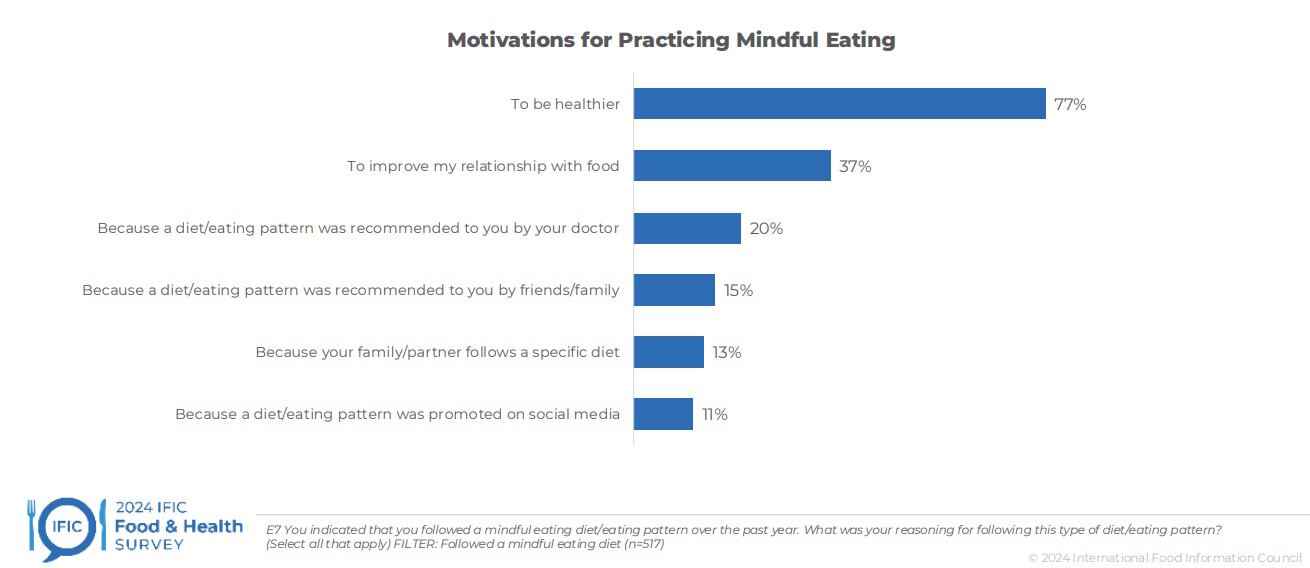
This growing focus on health and nutrition is underscored by the International Food Information Council’s (IFIC) 2024 Food & Health Survey. Conducted among 3,000 Americans aged 18 to 80, the study reveals that social media is fuelling the trend, with exposure to food and nutrition content increasing from 42% to 54% over the past year. However, while more consumers are engaging with health-related content online, trust in social media influencers and bloggers remains low. Similarly, confidence in government agencies as a reliable source of food information has declined since 2022. Instead, more than half of respondents are turning to AI for guidance in making safe and nutritious choices.
“We haven’t seen a direct impact of GLP, but we’re seeing more conversation in social media about health and wellness in general.”
Ramon Laguarta
The growing scepticism toward ultra-processed foods (UPFs) – a topic that has dominated headlines of late – also plays a significant role. Although there’s no universal definition of UPFs, widespread concern about their potential health risks has led one in three Americans to become familiar with the term. The survey found 79% of respondents take the level of food processing into account when making purchases, while 63% actively avoid processed foods altogether.
Interestingly, attitudes toward UPFs vary by generation. While only 21% of Baby Boomers are familiar with the term, awareness jumps to 39% among Gen Z and 42% among Millennials. Younger consumers, in particular, prefer products with short ingredient lists, clean labels, and transparent sourcing practices. This generational divide suggests that snack and bakery brands must tailor their marketing strategies accordingly.
Additionally, over half of respondents reported following some form of vegetarian, vegan, or plant-based diet as a means of improving their health. This shift poses major challenges for the bakery and snack industries, which are traditionally reliant on processed, shelf-stable products.
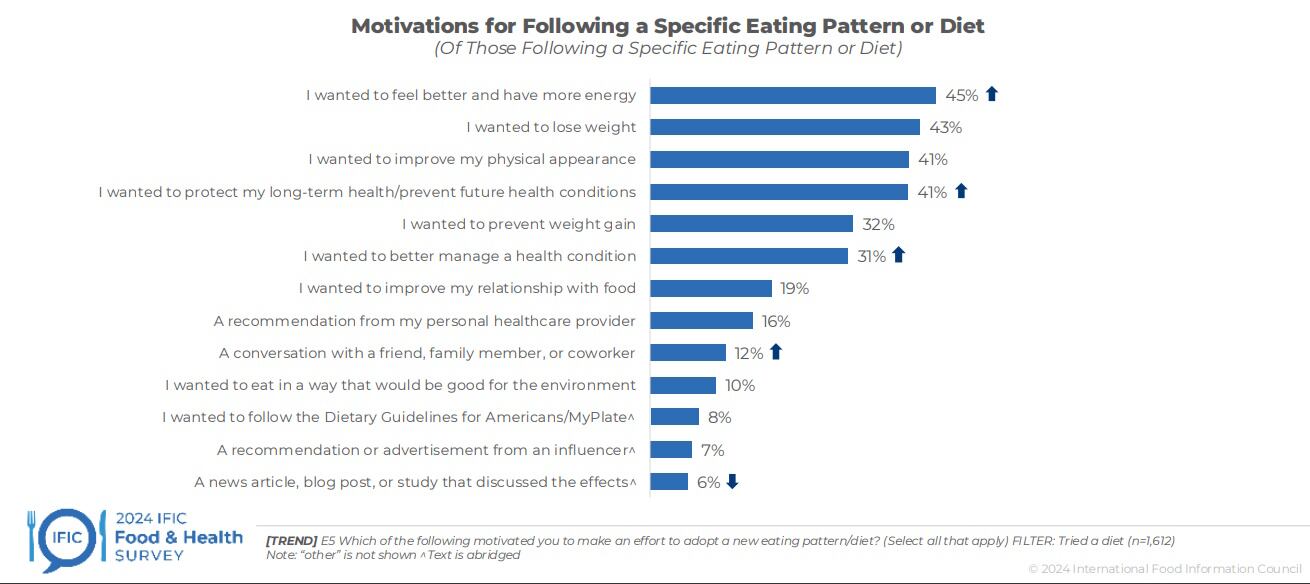
However, while consumers are increasingly prioritising health, the study confirmed the snackification trend remains strong, with 74% of Americans snacking at least once daily and 56% substituting traditional meals with snacks. What has shifted is the composition of those snacks. Classic salty treats and sugary baked goods are gradually being edged out by healthier options such as fruits, nuts, seeds, and protein-rich choices.
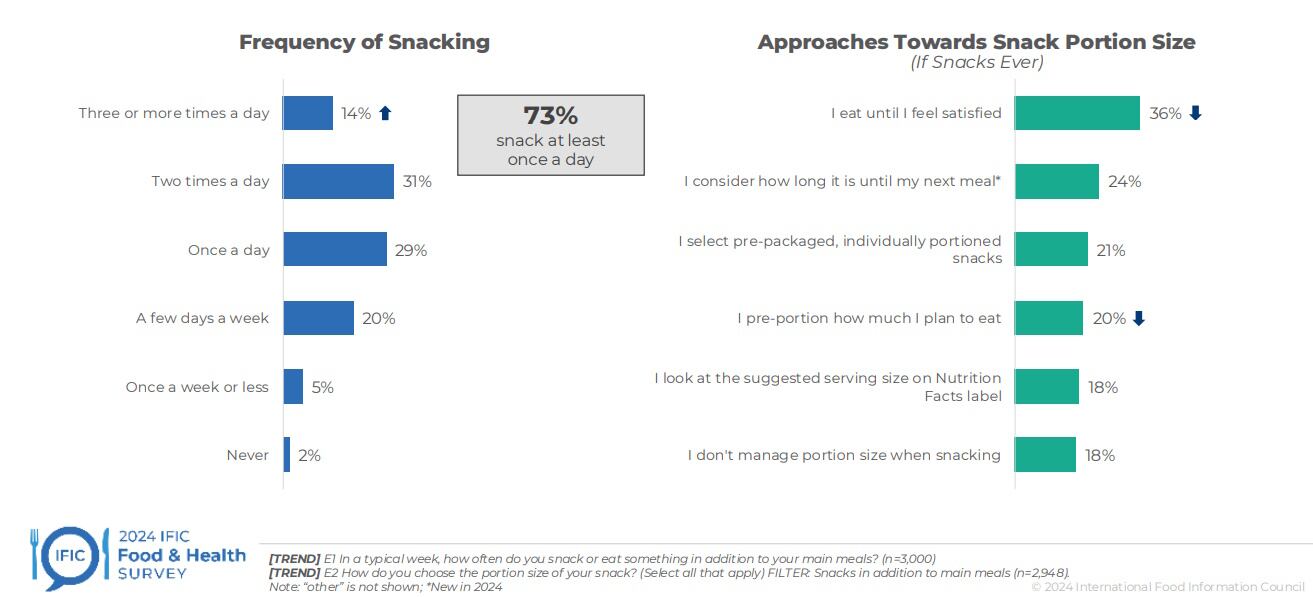
The rise of better-for-you
The traditional snacks aisle – long dominated by chips, crackers, bakes and cookies – is undergoing a transformation; presenting both challenges and opportunities for producers.
According to IFIC’s survey, taste remains the most important factor influencing purchases for 85% of consumers, followed by price (76%). Healthfulness is rapidly catching up, ranking as a key driver for 62% of shoppers. Convenience is down (57% from 61% in 2023), as is the impact of environmental sustainability (31% from 39% in 2022).
Late-night snacking habits are also evolving. While 30% of Americans still prefer salty or savoury snacks to round off the day, a growing number are opting for healthier alternatives. More prefer fruits, nuts and seeds, and dairy, while fewer prefer cookies, cake, ice cream, doughnuts, or other pastries compared to the year prior.
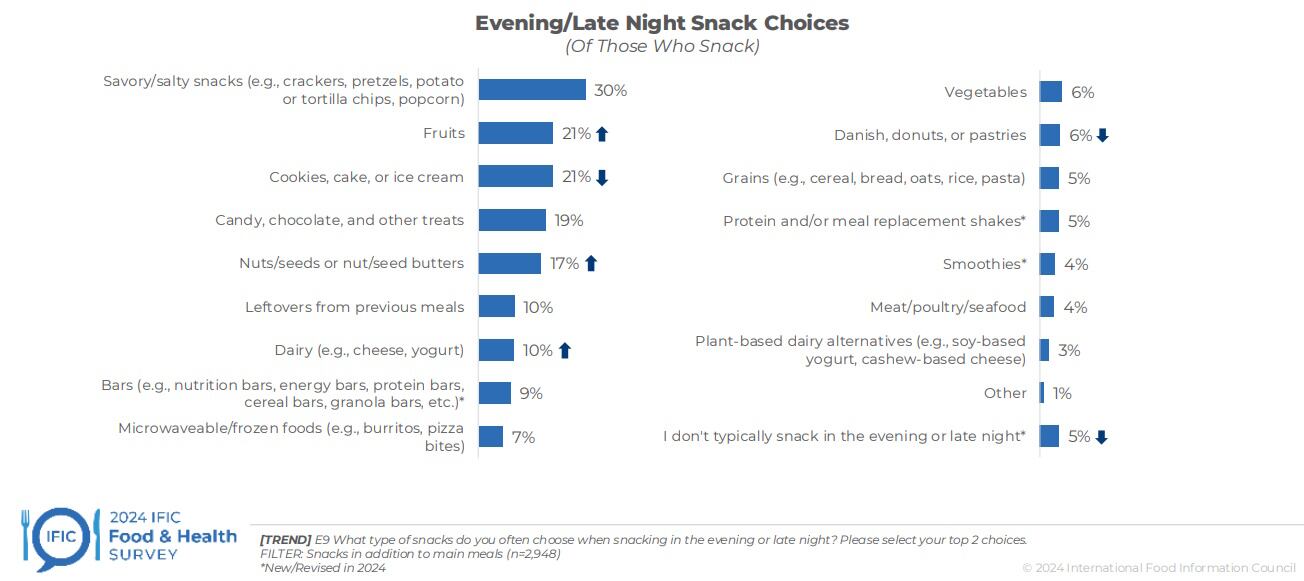
Economic factors also play a role in shifting food habits. The IFIC survey found 90% of respondents have noticed food prices rising, leading many to reassess their spending habits. While convenience remains important for 57%, its influence is declining (down from 61% in 2023), as more consumers opt for fresh, whole foods over pre-packaged snacks. Surprisingly though, the impact of environmental sustainability on purchase decisions has also declined in each of the past two surveys (39% in 2022, 34% in 2023, and 31% in 2024).
Another major insight from the most recent survey is the growing link between food and mental wellbeing. Three in four consumers believe their diet impacts their mental and emotional health, while two in three believe the reverse – that their mental state influences what they choose to eat. This has fuelled demand for functional snacks, such as protein-rich bars, nut mixes, and yoghurt-based products that offer additional benefits like improved focus, stress reduction, and better sleep.
A balancing act

PepsiCo’s earnings report and the IFIC’s 2024 survey highlight a rapidly shifting consumer landscape. The once-reliable demand for traditional packaged snacks and baked goods is waning, driven by increasing health consciousness, economic pressures, and changing generational preferences. The snack industry is at a crossroads and producers need to adapt to evolving consumer expectations or risk falling behind.
PepsiCo is already taking action, according to CEO Ramon Laguarta. In the year ahead, the company will emphasise portion control, reduce sodium and fat content in its products, and eliminate artificial ingredients.
“The No. 1 solution for consumers to stay in our category is small portions of our favourites – ideally improved favourites with lower sodium, lower fat, and no artificial ingredients,” Laguarta said.
Additionally, functional snacks are becoming a key priority as consumers seek out products rich in protein, whole grains, and other health benefits. “If you think about how SunChips is innovating with whole grain and now legumes, we see a strong opportunity.”
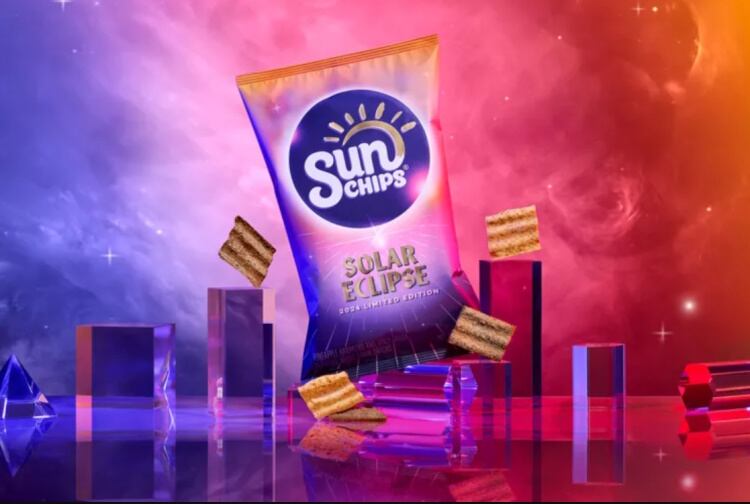
PepsiCo is also investing in the rise of mini-meals, which Laguarta describes as “not only a value-driven decision … but a multiyear evolution of the category where more occasions, more calories are being eaten in small meals versus large meals.” He added, “That is something that will continue as consumers’ lifestyles evolve. We’re trying to create solutions for consumers in those moments of the day where they’re looking for a 200- to 300-calorie option that keeps them going.”
While PepsiCo remains confident in its ability to adapt, competition is fierce. More brands are entering the market with plant-based, protein-rich, and whole-food snack options, catering to the health-conscious consumer. The snack industry is experiencing a major transformation – one that will determine which brands thrive in the new landscape.
PepsiCo's new advertising policy
PepsiCo is also reinventing its strategy in other areas beyond its product portfolio.
How Musk's lawsuit and Trump-era polarisation are reshaping corporate messaging.
The question remains: Will Big Snack pivot fast enough, or are we witnessing a transformation in the way America indulges?



